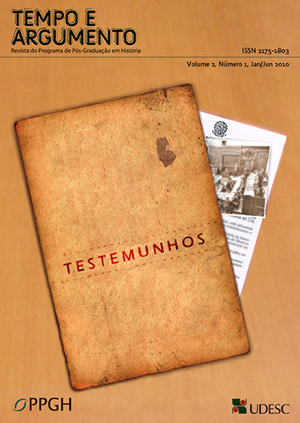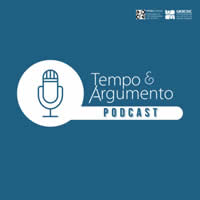O local do testemunho
Mots-clés :
testemunho, memória, trauma, ditadura brasileiraRésumé
O texto divide-se em quatro partes. Na primeira, apresenta-se uma análise do conceito de testemunho, pensado em termos etimológicos, e de seu significado como categoria que significa uma relação particular com o “real”. Na segunda parte, estuda-se a relação do testemunho com as modalidades de escritas do Eu, com ênfase nos conceitos de diário e autobiografia. Em um terceiro momento, apresenta-se o significado político do testemunho, como instrumento de construção de uma memória contra o esquecimento e de um “trabalho de memória” com relação aos traumas sociais. Na quarta parte, estuda-se a situação sui generis do Brasil, onde ainda não se conseguiu instituir uma prática do testemunho e da sua recepção, com relação à ditadura civil-militar de 1964-1985. Este artigo retoma a fala do autor no “I Congresso Internacional da Cátedra Jorge de Sena - Andanças Prodigiosas da Literatura”, realizado na Faculdade de Letras da Universidade Federal do Rio de Janeiro, em outubro de 2009, bem como, em determinados momentos, partes de outros artigos dedicados à questão do testemunho que escreveu nos últimos anos.
Téléchargements
Téléchargements
Publiée
Comment citer
Numéro
Rubrique
Licence
(c) Tous droits réservés Tempo e Argumento 2010

Ce travail est disponible sous licence Creative Commons Attribution - Pas d’Utilisation Commerciale 4.0 International.
Os artigos cujos autores são identificados representam a expressão do ponto de vista de seus autores e não a posição oficial da Tempo e Argumento.





